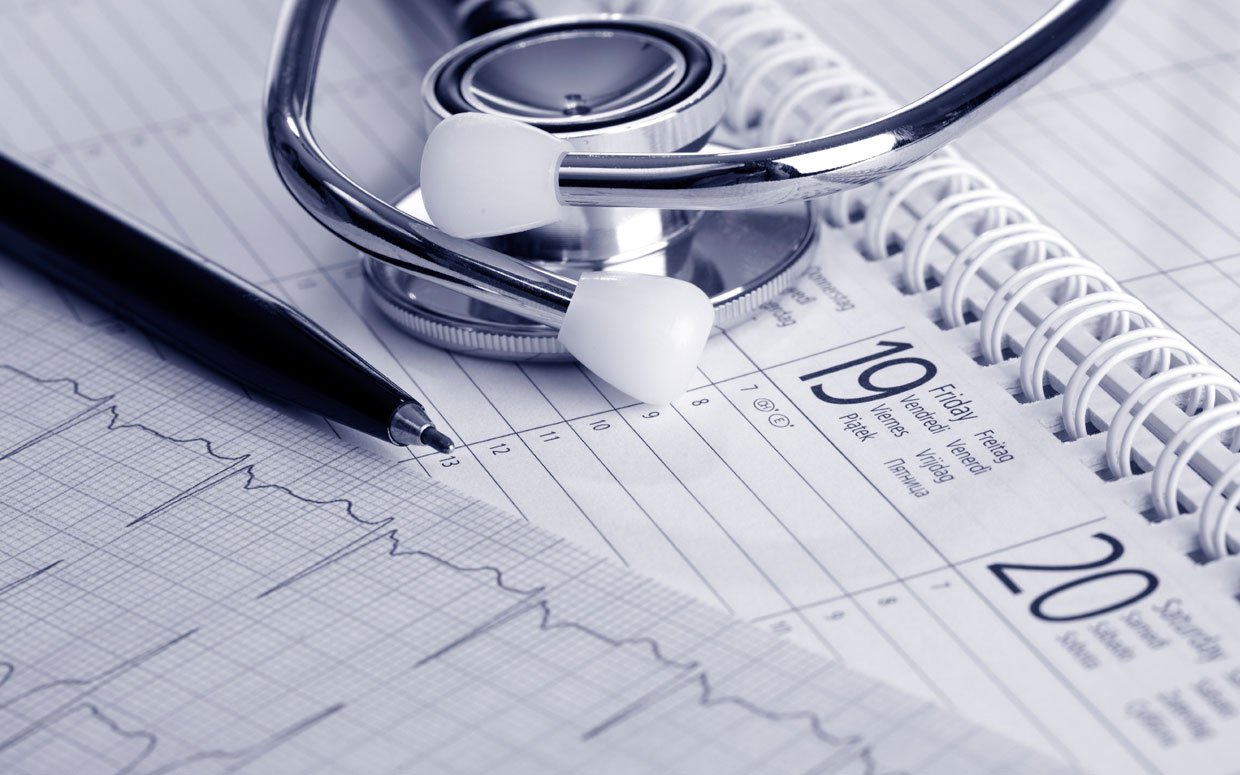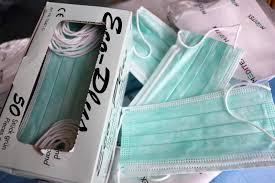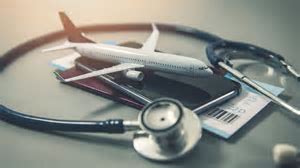
How to Prepare for Your Next Doctor’s Appointment
When it is time for your doctor’s visit, going prepared will make the best of the limited time you and your doctor will have together.
The physician-patient relationship is vital, and patients who are taking a pro-active role in promoting good communication and partnering in their own care will have a better experience, higher satisfaction and a better understanding of their health.
Getting started on improving your patient-physician relationship begins with good communication. So, before you head out the door for your next office visit you may want to consider the following.
Go prepared
- If you are experiencing any symptoms that are new since your last visit, make a note of them and share the information with your doctor. Such as:
o You haven’t been sleeping well recently, or you’re finding it hard to get to sleep
o Your appetite has increased/decreased
o You get dizzy when you stand up or shortly after you take a medication
o You’re having pain in your joints, muscles, abdomen, etc.
o You’re feeling exceptionally grumpy or lonely lately
o You want to start an exercise program or have just started one
o You had a medical emergency since your last appointment
-
Update your list of all the medications and supplements you are taking, how often you’re taking them and their dosages.
- Be ready to discuss your lab and test results.
Consider taking someone with you
The amount of time you have and the volume of information you receive during that time can be overwhelming. You may find it helpful to have a family member or friend go with you to help disseminate all the information after your appointment.
Use the time together wisely
Prioritize the list of things you want to discuss; questions, topics, concerns. Since the time allotted for your visit may not be enough to talk about everything, make sure you are prioritizing the list so that the things you are most concerned about are addressed. If you did not get to everything, you can leave your list with your doctor so he/she can answer the remaining questions either by phone or email through your electronic chart.
Be honest and thorough
While your health complaints are important, it is also important to discuss your emotional health. Share your worries and concerns. Are you feeling anxious, depressed, stressed? If so, discussing it will allow your doctor to take everything into consideration when discussing your care plan recommendations.
It is also important to be honest about things you may feel are personal. Your doctor is not judging you but rather assessing your health – sexual issues/concerns, alcohol consumption, drug use, changes in bowel movements and your exercise are important in making recommendations and offering advice.
Ask questions
Your doctor’s job is to create and explain your recommended care plan. Your job is to make sure you have provided all the necessary information, understand the plan and can follow it. Keep asking questions until all the information is clear and make sure to let your doctor know if you can’t comply.
Track your health
Keep a record for tracking the way you feel, side effects, and any physical or emotional swings you may be experiencing.
Packing for the visit
When a person is admitted to the hospital, a bag is packed. But people often don’t consider the importance of making sure they are packed – have everything they need – for their doctor’s appointment. The following is a list of things you will need.
-
Include your prescription glasses or readers, if you wear them, to make sure you can fill out paperwork, sign forms or read anything the doctor gives you like a flyer, notes or prescription.
-
Hearing aids if you wear them
-
Driver’s license and Medicare cards or other health insurance cards
-
Documents you may need to turn in to the front desk, such as a medical questionnaire or new patient paperwork
-
Documents your doctor needs to review
-
Any information your doctor asked you to bring to your next appointment. For example, if you have diabetes, your doctor may have asked you to keep a blood glucose journal and possibly a food journal.
-
Any digital health tools or healthcare wearables you use such as fitness or activity trackers. If you’re discussing the use of these tools with your doctor, he/she may want to review your results.
- A pen and notebook so that you can take notes or ask your doctor to make a note of something he/she is recommending.
The way to a good patient/physician relationship is not one-sided. It takes both the patient and the physician. Going prepared to make the most of the time you have will give you a more rewarding office visit, more accurate care recommendations and a feeling of satisfaction in knowing you are involved in your health and its outcome.



